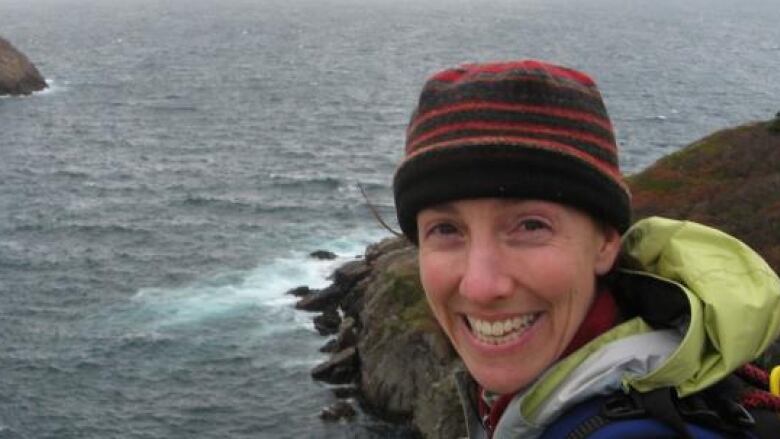Studying the trees: MUN scientist looks to boreal forest for climate research
'The carbon stocks seem to remain fairly stable, which is a good thing,' says Dr. Susan Ziegler

Trees in Newfoundland and Labrador may be doing a better job than anyone thought at pulling carbon dioxide out of the atmosphere.
Why this is the case, however,is not clear.
A research scientist at Memorial University, who has beenstudying how trees in Newfoundland and Labrador's boreal forest are becoming more efficient at removing carbon fromthe atmosphere, is determined to find the answer.
"The specifics of this program [are]really to investigate nutrient and carbon dynamics which tell us a lot about how forests will contribute, perhaps, to taking up carbon dioxide, or in fact, releasing it," saidSusan Ziegler, Canada Research Chair in Environmental Science at Memorial University,
Ziegler is using her research to examine preciselyhow the province's forests are managing carbon.
Positive results
She said that her research also focuses on important carbon stores in the soil.
"A lot of our work so far has suggested, in the systems that we're looking at that where we've got lots of moisture, that there's actually increases in productivity with climate change, and the carbon stocks seem to remain fairly stable, which is a good thing," she said.
In other words, trees in the boreal forest are becoming more efficient at taking carbon out of the atmosphere, andZieglersaid she is now looking at the implications and limits of that.
We get a really good understanding of what we're expected to undergo in these kinds of systems in the future.- Dr. Susan Ziegler
Since 2008, Ziegler has been establishing a platform of research spanning along Newfoundland'swest coast and insouthern Labrador.
She said the area covers a range of climates that parallel what is expected to happen with climate change within the next 100 years.
"This allows us to really investigate how the ecosystems are responding to differences in climate by looking at the same kinds of forest systems, and in doing that, we get a really good understanding of what we're expected to undergo in these kinds of systems in the future," Zieglertold the Central Morning Show.
Awarded federal grant funding
Her work in the futurebe bolstered by a $500,000 federal grant through the Strategic Partnership Grant program offered by the Natural Sciences of Engineering Research Council of Canada.
She said she is now working with Canadian Forest Service in Corner Brook and the province's Centre for Forest Science and Innovation to examine climate change impacts on forest resources and provide information on how to best manage natural resources.
With files from the Central Morning Show












_(720p).jpg)


 OFFICIAL HD MUSIC VIDEO.jpg)
.jpg)



























































































